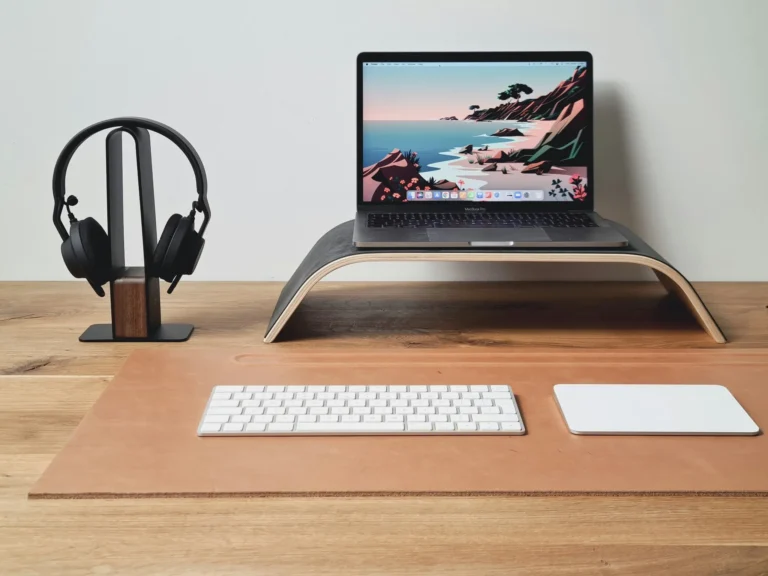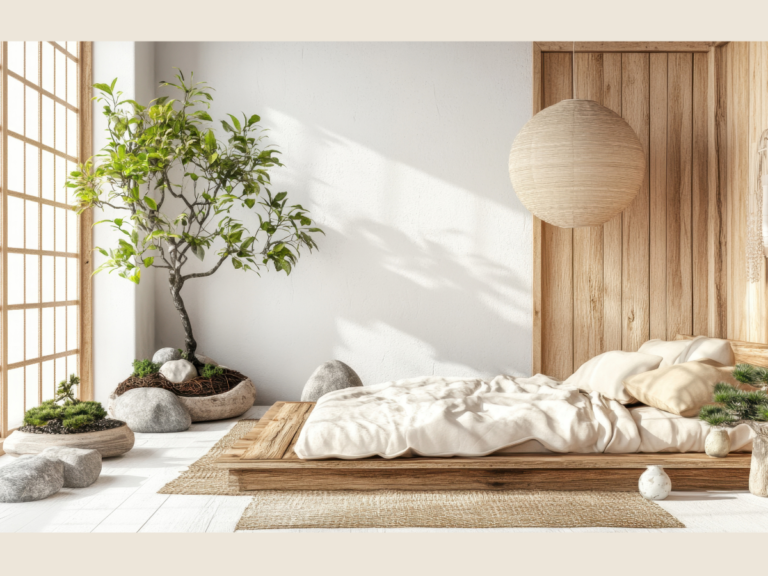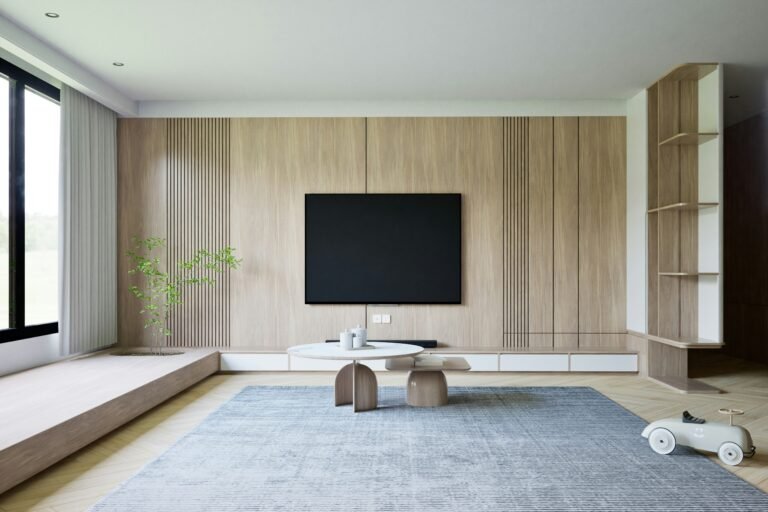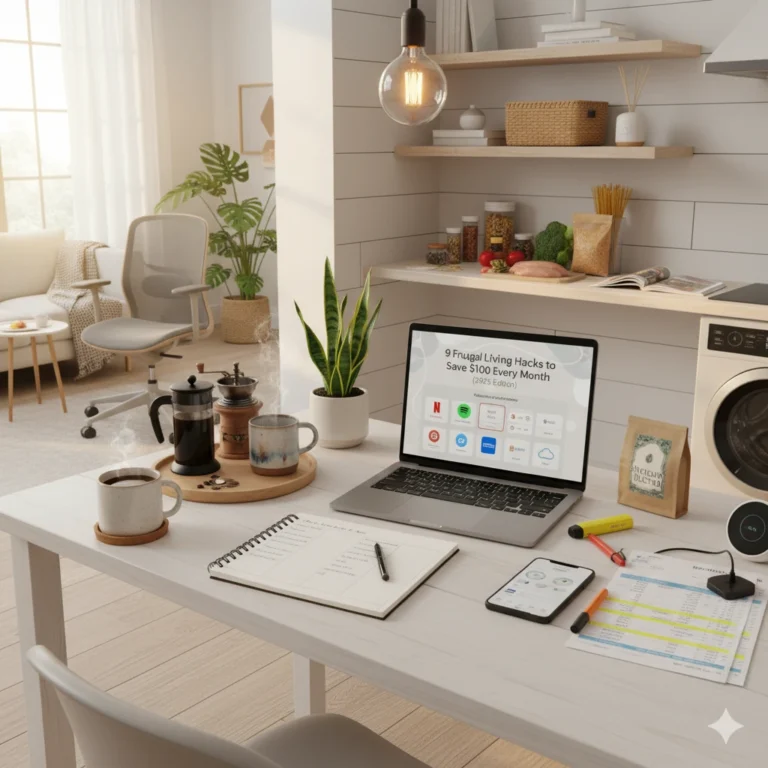Minimalist Money: How Minimalism Helps You Save and Build Wealth
Introduction — When Less Becomes More in Your Finances
A few years ago, I sat at my kitchen table surrounded by unopened mail, half-used gift cards, and three different budgeting apps on my phone.
I wasn’t broke, but I felt broke.
Every paycheck disappeared into rent, subscriptions, and random “I deserve this” moments.
The real problem wasn’t that I didn’t make enough money — it was that my financial life was too cluttered.
Too many accounts, too many decisions, too many moving parts stealing both my time and energy.
That’s when I stumbled across financial minimalism, and it completely reframed how I viewed money.
Minimalism isn’t about having less — it’s about needing less management.
The fewer systems I had to maintain, the more control (and calm) I gained.
What started as a few simplifications — closing old credit cards, automating bills, cutting digital noise — soon created real momentum.
I began to save more without even noticing. More importantly, I felt lighter.
Minimalist money is not a restriction plan; it’s a clarity plan.
It’s about designing a financial life that takes care of itself, leaving you with the most valuable currency of all: time.
And with more time comes space — space to create, to learn, and to chase new opportunities that actually grow your wealth.
That’s what this approach really aims for — clarity, calm, and the ability to build wealth through simplicity that sustains over time.
What Is Financial Minimalism (and What It’s Not)
Let’s clear up a common misconception:
Financial minimalism isn’t about extreme frugality or living on instant noodles.
It’s about aligning your money with your real priorities — not society’s expectations.
Traditional minimalism focuses on decluttering your home; financial minimalism declutters your decisions.
Every bank account, every recurring payment, every “should I buy this?” thought carries a cognitive cost.
When you simplify that network, you reduce decision fatigue — the silent killer of good financial habits.

See the CFPB’s definition of financial well-being and its drivers
A minimalist money mindset is built around three pillars:
- Clarity: Knowing exactly where your money is going. No fog, no guilt.
- Control: Automating what matters, eliminating what doesn’t.
- Consistency: Building wealth through repetition, not constant re-evaluation.
This philosophy doesn’t shame spending. It just asks one question:
“Is this purchase aligned with what I actually value?”
Sometimes, that means keeping the morning coffee ritual because it fuels your creativity — and cutting the under-used gym membership instead.
That’s why financial minimalism feels less like budgeting and more like freedom. It’s a lifestyle that lets you build wealth through simplicity and focus on what truly matters.
When your finances become simple, decisions feel lighter.
You stop reacting and start directing — and that’s where real financial growth begins.
👉 For a deeper look at the philosophy behind this mindset, see Minimalist Living: How Owning Less Saves You More.
Decluttering Your Financial System — Simplify, Don’t Shrink
When people think about saving money, they often picture giving things up.
But this approach flips that idea. It’s not about shrinking your lifestyle — it’s about shrinking the complexity that drains your focus.

Think of your financial life as a dashboard.
If there are twenty blinking lights, you’ll ignore them. But if there are only three, you’ll notice every signal and respond faster.
Here’s how I simplified mine:
- One main checking account.
I merged old accounts into a single “command center.” Bills, income, and transfers all flow through one place. I can check my entire picture in ten seconds. - One credit card (maybe two).
Instead of chasing points across five cards, I picked one with consistent rewards and zero mental overhead. - Unified billing dates.
Every auto-payment hits within the same 3-day window after payday. No surprises, no random overdrafts. - Automate recurring transfers.
Savings, investments, rent — all move automatically. I make fewer financial decisions per month, but they’re the ones that matter.
This approach doesn’t just save money — it saves mental energy.
I no longer spend Sunday mornings checking balances or second-guessing if a bill cleared. That reclaimed time is what I now use to write, learn new skills, and grow side projects — the very things that expand wealth in the long run.
With this system, the fewer accounts you manage, the freer your time becomes — and time, once reclaimed, becomes the foundation of future wealth.
This system gives you permission to stop micromanaging and start building.
The point isn’t austerity; it’s agility.
👉 If you’re just starting out with budgeting and automation, check Personal Finance 101: Money Habits Every Beginner Should Master.
The True Cost of Ownership — Time, Energy, and Opportunity
Minimalist money also challenges how we view ownership.
It’s not just about cutting physical clutter — it’s about recognizing the invisible costs attached to everything you own.
Every purchase carries a hidden maintenance tag — not just in dollars, but in time and attention.
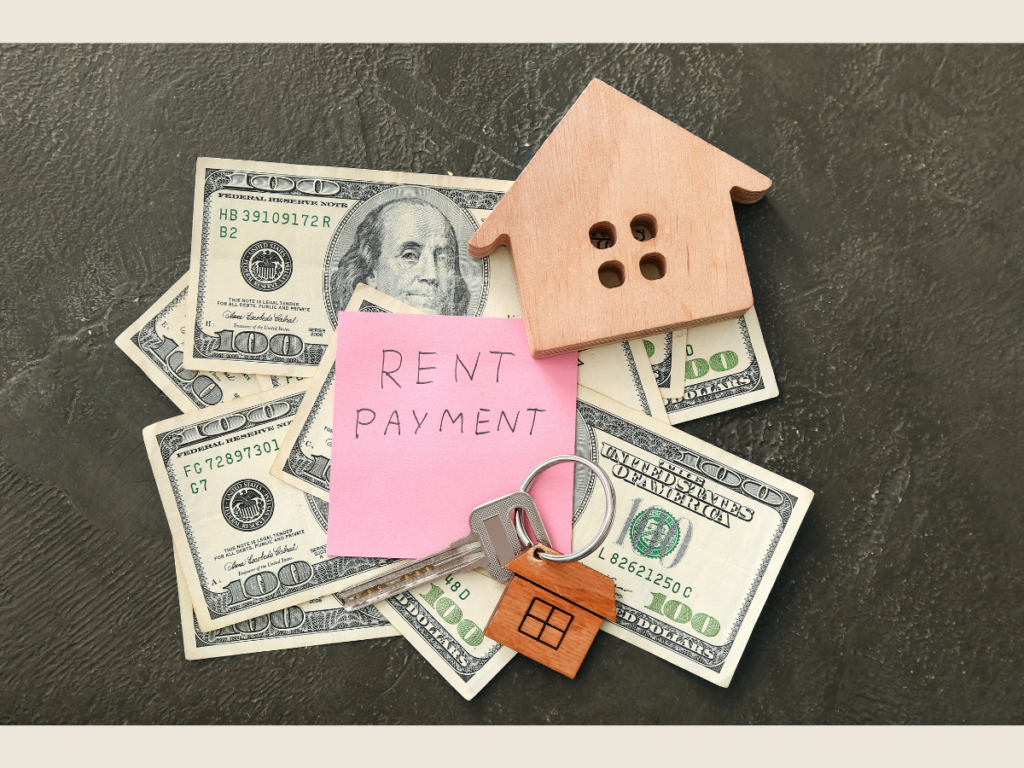
A bigger house means higher insurance, longer cleaning hours, more furniture to fill empty rooms.
A fancy car means higher registration, more fuel, and anxiety every time someone parks too close.
Those are the total costs of ownership, or what I call financial noise.
And that noise eats into your most precious asset: your ability to focus on what creates future income.
Here’s the quiet irony — people often chase higher income to afford more things,
but the things they buy end up consuming the very time they needed to create those opportunities.
This approach flips that loop.
By owning less, you reclaim hours once spent maintaining, fixing, or worrying — hours you can now spend learning new skills, networking, or building that side idea that’s been sitting in your notes app.
That’s how you quietly build wealth through simplicity, not by chasing every upgrade.
Think of it as a return on simplicity:
Every object you don’t buy is not just money saved — it’s time earned, and that time compounds faster than interest.
Because when your calendar is clear, you have room to explore — and exploration is where growth lives.
👉 For practical ways to reduce lifestyle overheads, visit 9 Frugal Living Hacks to Save $100 Every Month.
Automation — The Minimalist’s Secret to Effortless Growth
The most underrated benefit of this philosophy isn’t saving money — it’s saving mental energy.
Once you simplify the structure, the next step is to automate finances.
Automation turns good habits into default behaviors.

You don’t have to “remember” to transfer money, because your system does it for you — quietly, every month, while you’re out enjoying your Saturday.
Here’s the simple framework that changed my entire financial rhythm:
- Automate savings first.
The moment income lands, a fixed percentage moves to a high-yield savings or brokerage account.
It’s not “extra money,” it’s future freedom. - Batch your fixed expenses.
All recurring payments — rent, phone, insurance — hit right after payday. You never feel “surprised” mid-month. - Create a single “spend freely” account.
This is your guilt-free zone. If there’s money in it, enjoy it. When it’s gone, stop.
When you automate finances, you remove human error — the temptation to delay, the fatigue of choosing — and replace it with quiet consistency.
I remember the first month I fully automated everything.
For the first time, I didn’t feel behind. My bills were paid, my savings grew, and my mind was clear enough to think about bigger things — like building digital products or planning a side hustle that aligned with my values.
This system isn’t just about cutting costs; it’s about designing a process that builds wealth even when you’re not looking.
Automation is at the heart of this method — the rhythm that makes saving and investing effortless.
👉 If you want to organize your digital life to match this automation flow, check Digital Minimalism: How to Declutter Your Online Life.
Portfolio Minimalism — Simplify Your Path to Wealth
Most people think wealth requires complexity —
multiple accounts, trending stocks, crypto alerts, and constant “strategy tweaks.”
In reality, the richest habit you can build is boredom — a calm, consistent approach that compounds quietly over time.

This minimalist mindset extends that same principle into investing.
It’s not about having fewer options — it’s about choosing better ones and understanding them deeply.
Here’s how I approach it:
- Start broad.
A single index fund or diversified ETF can outperform most over-engineered portfolios. - Automate contributions.
Set a monthly transfer and walk away. Compounding doesn’t care how often you check your balance. - Eliminate decision loops.
Too many investment choices lead to paralysis. Stick with a structure you trust and repeat it.
Minimalist investing is not lazy — it’s strategic.
It frees you from constant second-guessing and emotional trading.
It’s the difference between doing more and gaining more.
Over time, this simplicity does something magical: it compounds not just your money, but your focus.
When your portfolio doesn’t demand attention, your attention can go where it truly pays — your career, creativity, and skill growth.
It’s one more way to build wealth through simplicity, not complexity.
With portfolio minimalism, you own less but grow more.
Because wealth isn’t just about how much your account grows —
it’s about how much space it gives you to grow.
👉 If you’re new to investing and want the fundamentals first, visit Personal Finance 101: Money Habits Every Beginner Should Master.
The Psychological Return — Calm Money, Clear Mind
Beyond numbers, financial minimalism offers a calm state of mind.
There’s a quiet kind of wealth that doesn’t show up on a bank statement — peace of mind.
This approach delivers that in ways numbers can’t measure.

When your financial world is simple, your brain stops running background stress tests.
No more “Did that payment go through?” or “What’s left before payday?”
Your money becomes something you manage once, not something that manages you every day.
I call this the psychological ROI — the return on inner calm.Research overview on what shapes financial well-being (open-access)
You make fewer emotional purchases, because your system removes friction.
You feel more confident, because you actually understand where your money is going.
And you spend less time chasing trends, because you’ve already defined what “enough” looks like.
One of the most overlooked benefits of minimalist money is that it gives you creative bandwidth.
When you’re not worrying about bills or checking apps ten times a day, your brain has room for bigger things —
ideas, projects, personal growth.
And that’s the beautiful paradox:
Owning less → managing less → stressing less → creating more.
You can’t buy peace, but you can absolutely design for it.
👉 To explore the emotional side of simplicity, read Minimalism and Mental Health: How Owning Less Reduces Stress.
The Minimalist Money Plan — Start Small, Stay Consistent
Let’s wrap this up with something actionable.
When you start to automate finances, simplicity becomes second nature.
This approach isn’t an overnight makeover — it’s a gradual reset.
Start small, and stay consistent.

Here’s a four-step plan to begin simplifying your finances this week:
- Close or merge one dormant account.
Fewer dashboards, fewer distractions. - Align your billing cycle.
Keep all fixed costs in the same 3–5 day window after payday. - Set up one automated transfer to savings or investment.
Even $50 a month builds momentum. - Track how much time you save.
Notice the space you gain — and how that time feeds back into learning, creating, or rest.
Each small habit helps you build wealth through simplicity and focus.(evidence that simplifying lifestyles can improve well-being)
That’s the real wealth loop:
You simplify → gain time → use that time to improve → which creates more wealth.
It’s not about deprivation; it’s about direction.
Every simplified process buys back a few minutes of your life — and those minutes, when reinvested into your growth, become your most valuable asset.
When your money becomes simple, your freedom multiplies quietly in the background.
That’s minimalist money — not just saving dollars, but earning your time back.
Frequently Asked Questions About Minimalist Money
**Q1. Isn’t *minimalist money* just another form of extreme frugality?**
Not at all. Minimalist money isn’t about restriction — it’s about reduction of friction.
You’re not cutting joy; you’re cutting clutter. The goal is to remove the noise that drains your focus, not the experiences that make life meaningful.
**Q2. What if I actually enjoy nice things? Can I still follow **financial minimalism?
Absolutely. Financial minimalism isn’t anti-luxury — it’s *pro-intention.*
Buy the things you truly value, but stop buying on autopilot.
It’s not about owning less for the sake of it; it’s about owning exactly enough to live intentionally and freely.
**Q3. Does simplifying my finances really help me **build wealth through simplicity?
Yes — and not just financially.
When your systems are streamlined, you save time, reduce stress, and create space for growth.
That clarity often leads to better career moves, smarter investments, and more creative energy — all of which compound faster than interest.
Less chaos, more opportunity — that’s the real math of portfolio minimalism and automation working together.
Written by Samuel Kim
Writing about this philosophy is really writing about balance.
This guide was born from my own journey of decluttering not just my home, but my entire approach to money.
I’ve learned that simplicity isn’t about living with less — it’s about living with purpose.
Every system I’ve simplified, every account I’ve closed, every unnecessary decision I’ve deleted — each one has given me back a little more time, freedom, and peace.
And that’s what financial minimalism ultimately teaches — that wealth isn’t noise, it’s clarity.
The ultimate goal of this philosophy is to build wealth through simplicity and peace of mind —
to build wealth not just in your bank, but in your life.

